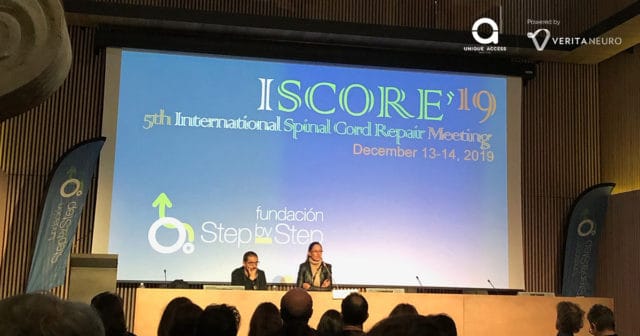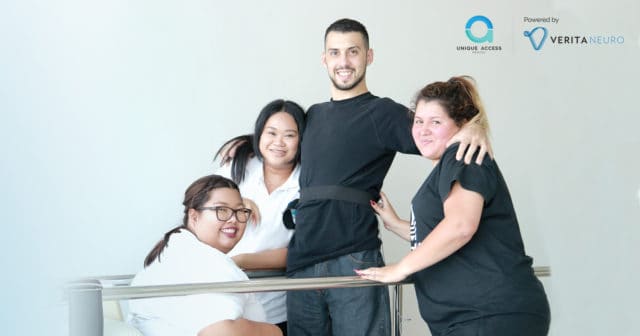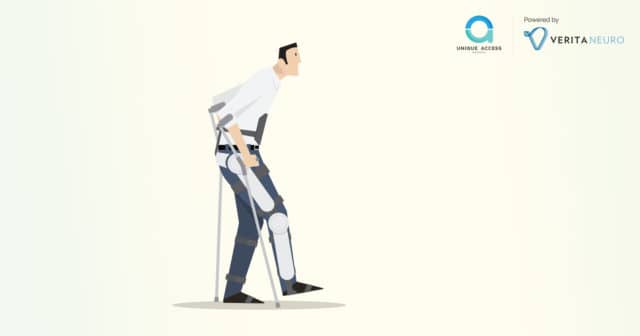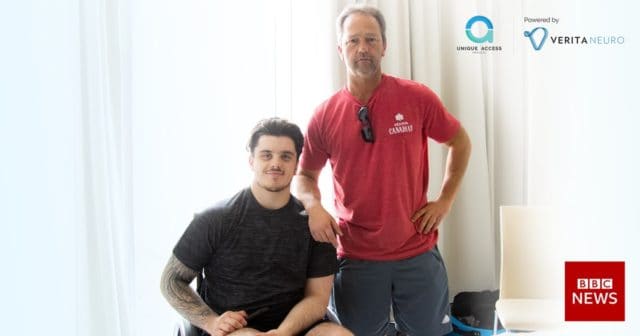Incidences of chronic illnesses such as cardiovascular disorders, neurodegenerative diseases, diabetes, and cancer have been on the rise in the recent years. As the cases of these diseases continue to raise so is the demand for available treatment options. This has led to increased cases of some new drugs not living up to their promises.
As reported by Richard Harris, science correspondent at NPR, a scientist reviewed 53 studies whose findings promised the possibility of new drugs. After attempting to replicate the studies to achieve similarly promising results, he was unable to in most cases. According to Harris, the scientist was only able to reproduce six out of 53 studies; he calls this “a real eye-opener”.
Harris has since authored a book Rigor Mortis: How Sloppy Science Created Worthless Cures, Crushes Hope, and Wastes Billions. In his book he investigates where and how talented scientists go wrong in research and producing useful results. In his own words: “A lot of what everybody has reported about medical research in the last few years is actually wrong. It seemed right at the time but has not stood to the test of time.”
Devastating Impact of Weak Biomedical Research
While investigating, Harris learnt from doctors and patients the devastating impact of weak biomedical research. The stakeholders agreed that there was a dysfunction in the system propelled by funding challenges, competition, and need to produce results quickly. He pointed out that the system was flawed and not operating at its optimal, however, something could be done to make it better.
One instance that has been cited showing how unreliable results can affect a patient is the case of Tom Murphy. In his 50s, Tom was diagnosed with ALS and after consulting his doctor, he signed up for a new drug trial. He was hopeful about the drug which seemed to be working at first. After running a series of tests, the doctors found that it was not working and probably does not work at all. Harris called Tom “a victim of the system”.
The flaw in the ALS research was that a dozen drugs had been tested in small studies of animals. The results had been promising with some studies going on to become large clinical trials with budgets of tens of millions of dollars. Yet, according to the ALS Development Institute, the studies had not well thought through; they did not consider the different genetics of mice.
Fast-paced and Competitive Industry
The biomedicine world is fast-paced and competitive which is leading to research results that cannot be replicated. The continued chase for jobs, tenure, or grant has removed the adventurous spirit from most scientists which is affecting their output. When these become the scientists’ goals, providing valuable solutions to the society takes the backseat.
So, what does all this mean for the patient or their loved ones? It means that we need to question all big biomedical advice we receive. Most of it is good and credible but some of it could be wrong – knowing which is right or wrong is the hard part. There are solutions for this including mending the broken system.
Source: wprl.org










